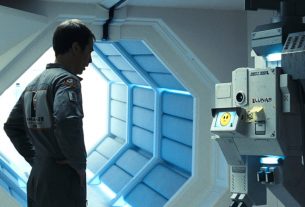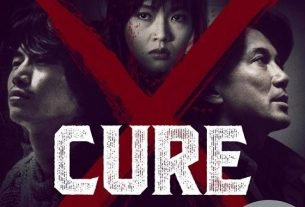The scariest thing in the world is that when you think that 2001 is ten years ago, twenty years have passed silently. That’s right, “A.I. Artificial Intelligence”, released in 2001, is already 20 years old.
The film tells the story of 2142, the robot boy David (Haley Joel Osment) who was input into the emotional program was adopted by a couple of children.
But when their biological son Martin recovered from illness, David was abandoned into the wilderness.
He embarks on a journey with the robot lover Gigolo Joe (Jude Law).
I am eager to meet the goddess in “Pinocchio”, turn myself into a real child, and return to the mother who abandoned him…
After 2,000 years, mankind has long been extinct, and New York has become ruins.
David wakes up from the deep sleep on the bottom of the sea, and his desire for maternal love remains in his heart. He wants to spend the happiest day of his life with his “mother”.
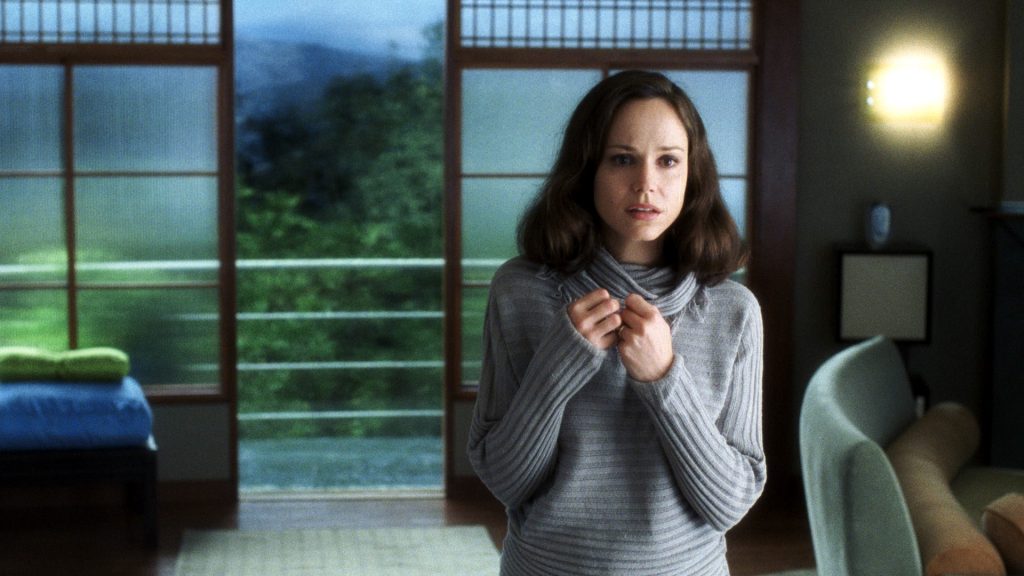
Director Steven Spielberg in 2001, with his last work “Saving Private Ryan” two years ago, just won the Oscar “Best Director” award.
The child star actor Haley Joel Osment was not yet disabled at that time. His sentence “I see dead people” in “The Sixth Sense” was shocking, and the aura that could not be hidden in his eyes overflowed.
Jude Law is not yet bald. He has just won his first Oscar nomination in his career for “The Talented Mr. Ripley”. He has a pair of blue eyes and a pinnacle of beauty.

The forming process of “A.I. Artificial Intelligence” is closely related to the legendary director Stanley Kubrick, and the fetters lasted decades.
The earliest source of inspiration for this film was a 1969 short story called “Supertoys Last All Summer Long”.
Kubrick has always loved this story very much. The adaptation rights were bought as early as the early 1970s.
He wanted to adapt it to a feature-length movie, and he also brought in the original author Brian W. Aldiss to be the screenwriter.
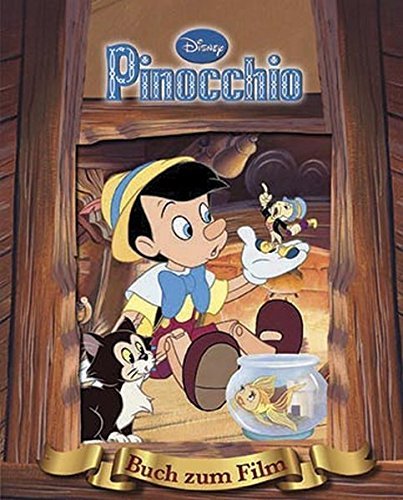
In 1985, Kubrick wanted Spielberg, who had already reached the top of Hollywood with “Jaws”, “Indiana Jones” and “ET Aliens”, to direct “AI: Artificial Intelligence”. He was the producer, Warner. Will also contribute funds.
But Kubrick changed several screenwriters in a series and failed to get what he wanted, including one of the final screenwriters of the film-Ian Watson.
The role of Gigolo Joe was originally a robotic soldier, but was changed to Cowherd by Ian. Kubrick also joked, “This time we have lost the children’s market.”
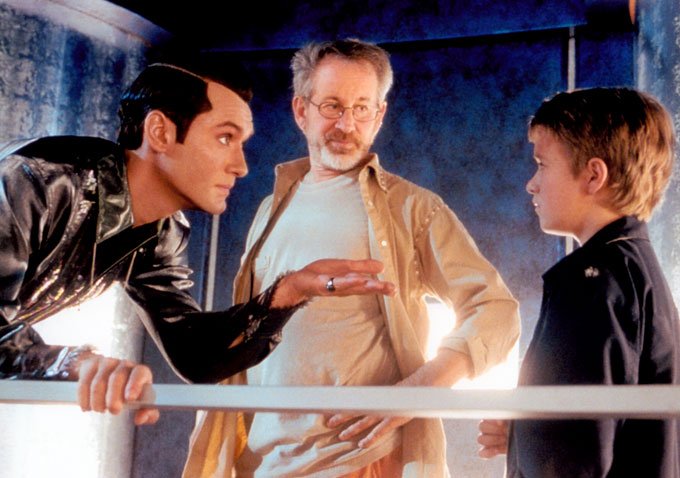
Because he believed that no real child star could play the role of “David” well, and the computer technology was not mature enough to create a perfect CG “David” image, Kubrick temporarily shelved the film.
But after “Jurassic Park” turned out in 1993, Kubrick regained his confidence in technology.
In early 1994, the production of “A.I. Artificial Intelligence” began, and the film was full of the shadow of “Pinocchio”.
In essence, it is also the story of the little boy who wants to become a real person, entrusting his dream to the blue angel.
Unlike David, at the end of the “Pinocchio” story, Pinocchio, who reunited with his father, became a real boy.
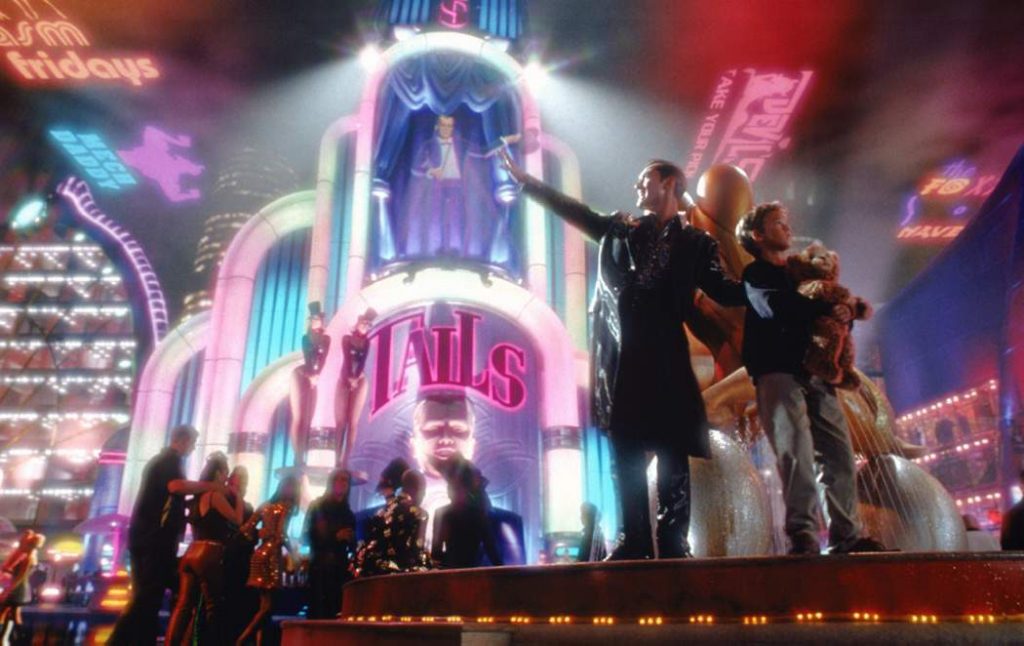
In 1995, Kubrick still felt that the tone of the film was closer to Spielberg, and wanted to give the project to the latter.
Since Spielberg also had other projects in his hands, and Kubrick was busy filming “eyes wide shut”, the production of “A.I. Artificial Intelligence” was once again shelved.
In March 1999, director Kubrick passed away and his family found Spielberg again, this time he did not refuse.
In November of that year, Spielberg started rewriting the script of “A.I. Artificial Intelligence” based on the original 90-page script written by Ian Watson.
The script has a lot of “learning” from the Japanese animation “Mighty Atom” that we have been familiar with since childhood.
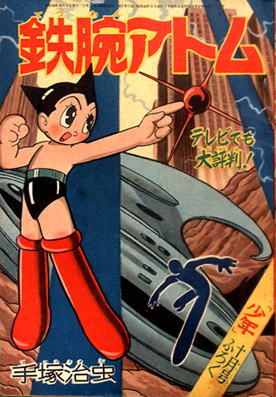
Think about the plot of “Mighty Atom”-the doctor created the robot Atom to replace his son who died unexpectedly.
Atom slowly learns the skills and life of human beings, but can never truly become a human being.
Atom was sold by the doctor. He wants to enter the “Colosseum” to fight other robots…
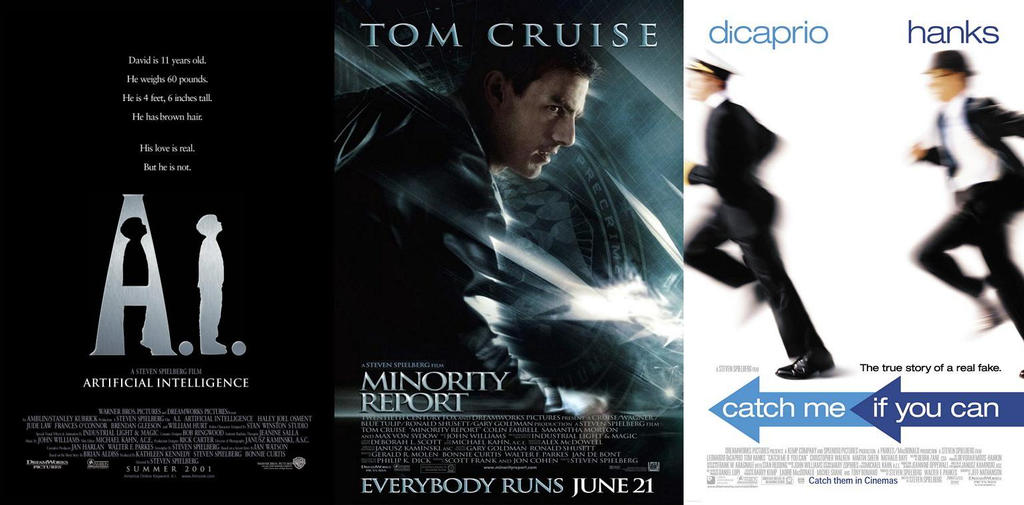
In February 2000, Spielberg began selecting new projects in “Harry Potter and the Philosopher’s Stone”, “Minority Report” and “Memoirs of a Geisha”.
In the end, he issued a statement and decided to shoot “A.I. Artificial Intelligence” first and then “Minority Report”.
He eventually participated in “Memoirs of a Geisha” as a producer, and the follow-up stories of the “Harry Potter” series are familiar to us.
“A.I. Artificial Intelligence” and “Minority Report”, together with “Catch Me If You Can” in the same year as the latter, constitute Spielberg’s “Running Man trilogy”.
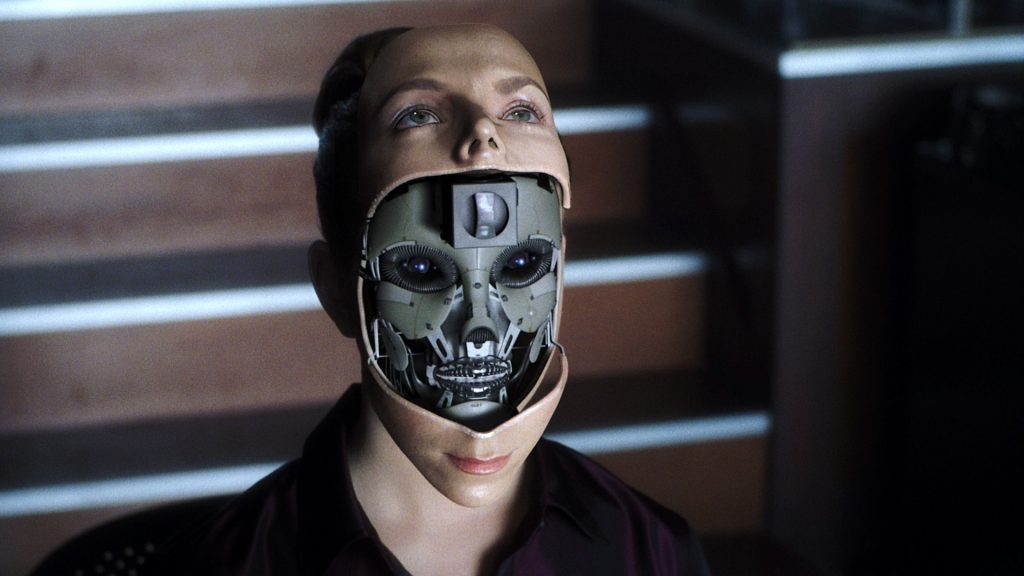
The final script of “A.I. Artificial Intelligence” compiled by Spielberg is very similar to Kubrick’s original concept, including the “Spielberg” ending.
Spielberg later specifically clarified it, which is exactly the opposite of what most fans imagined.
The “sweet” plots of the first 40 minutes, the teddy bear, and the last 20 minutes of the film were all shot in strict accordance with Kubrick’s ideas.
And the seven words that my mother awakened to David shortly after the beginning of the film were all left behind by Kubrick.
The “junkyard” in the middle is more dark towards the scene, but more of Spielberg’s own creation.
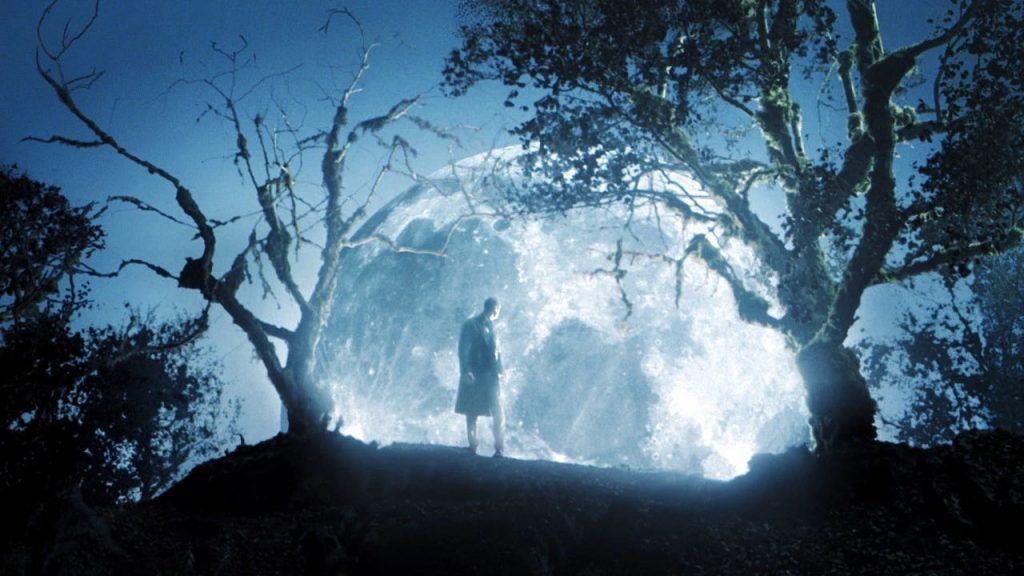
The huge moon that appears in many scenes in the film is also an iconic shot of Spielberg.
In August 2000, the film finally started shooting.
Except for a few weeks of shooting in Oregon, USA, most of the filming work was done in Warner Studios in California, which took 67 days.
Spielberg learned from Kubrick in terms of working methods.
He refused to give the full version of the script to each actor, prevented the media from visiting the class, and asked the actors to sign a non-disclosure agreement.
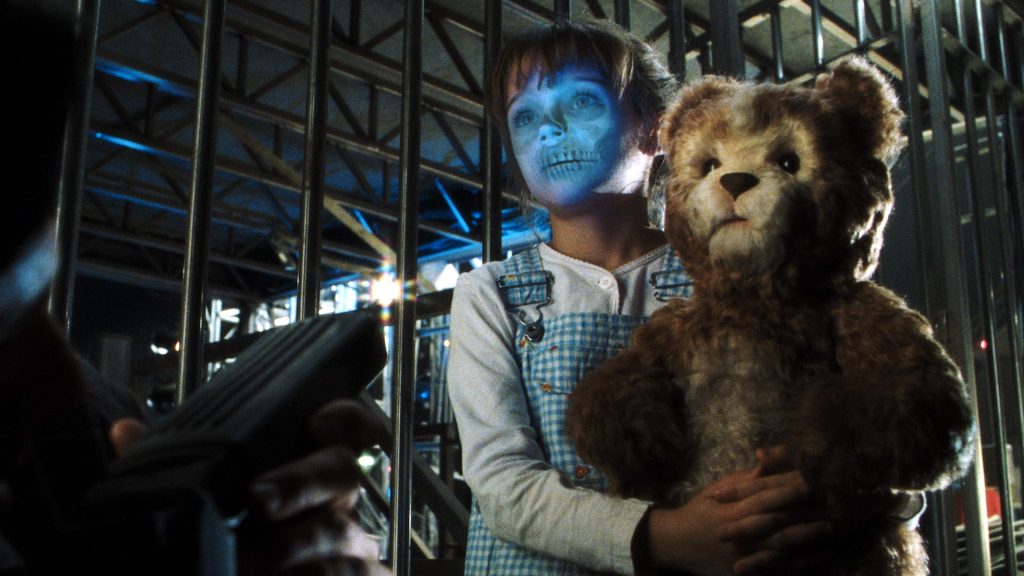
Less than three months after the film’s release, the twin towers that appeared in the film were destroyed by the “911” incident that shocked the world.
Spielberg took the risk of huge controversy and criticism, still keeping the Twin Towers footage on the DVD.
And some of the robots who have lost limbs in “Junkyard” are those who have actually been amputated in real life.
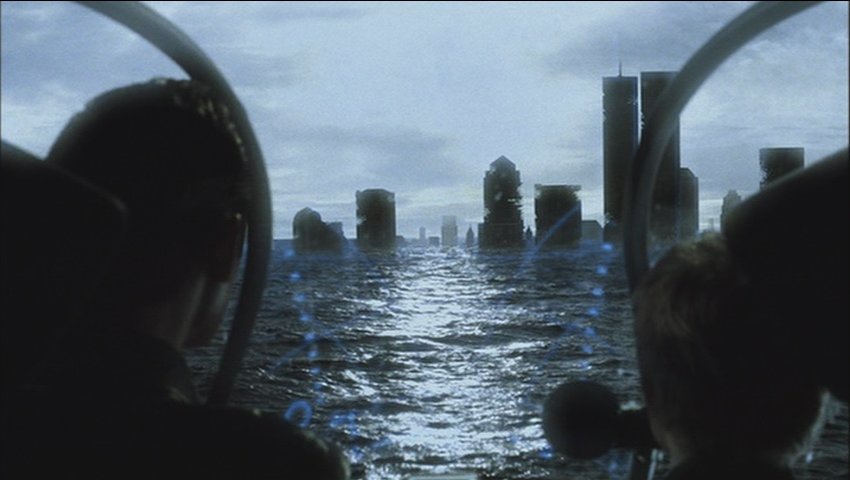
When David and Joe entered the city of villains for the first time, they passed by a milk bar. This is a tribute to Kubrick’s “A Clockwork Orange”, and fans who have seen it understand it.
And when David and his “born son” Martin had a dispute, and he madly stuffed spinach into his mouth, his father yelled “stop Dave, please stop!”
This line is exactly the same as the dialogue between the robot HAL and David Bowman at the end of “2001: A Space Odyssey”. HAL even calls David Dave.
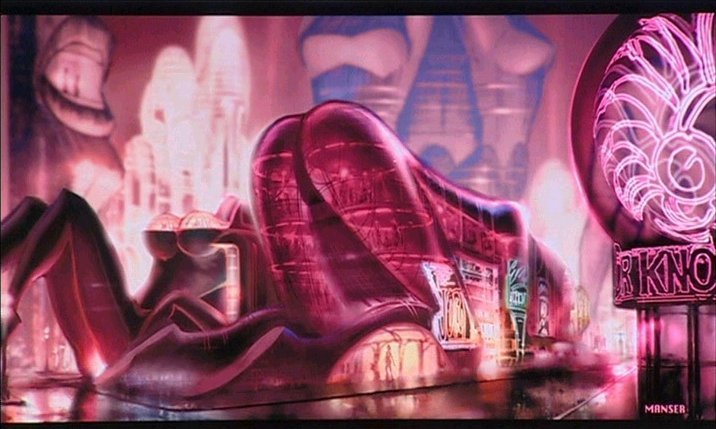
The BGM of the film also comes from the master of the master-John Williams (“Star Wars”, “Jurassic Park”, “Harry Potter” and “Superman” these super classic BGM came from him), he I wrote a piano concerto for the last 7 minutes of the film.
Haley, who was only 12 years old at the time of the shoot, was Spielberg’s first and only choice.
In order to make David look more like a “robot”, all exposed hair (face, arms, hands, etc.) on Haley’s body must be shaved before shooting every day.
Little, he suggested to Spielberg that the character of David shouldn’t blink.
After being adopted by the director, he really never blinked in the whole film, until the final “death”.
If you look closely, you will find that in the first shot of David, his body shape is very similar to the future “people” at the end of the film.
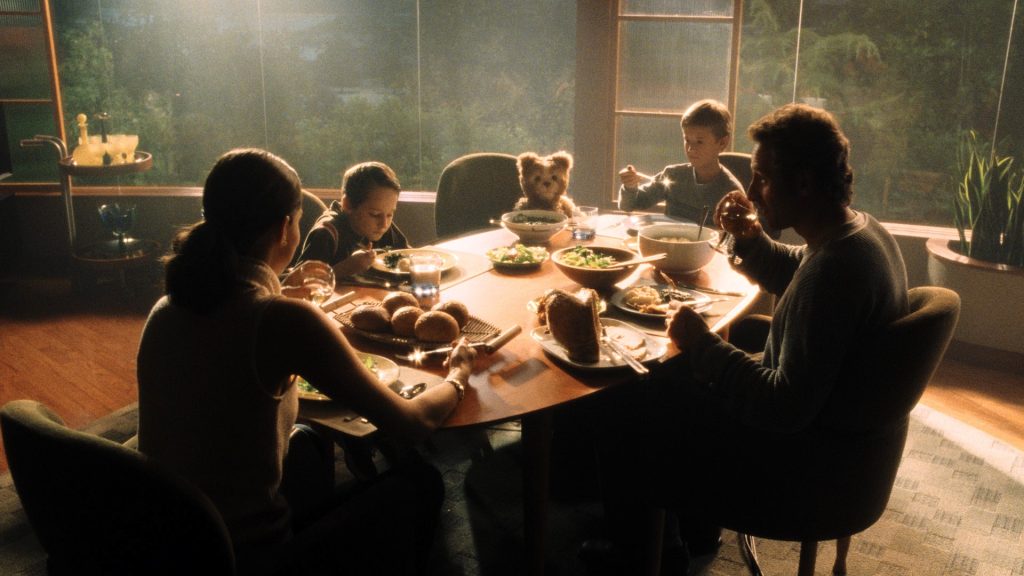
The voice of Robin Williams was recorded many years ago and was directed by Kubrick himself in the early years.
Jack Angel, who dubbed the teddy bear, was different. He also recorded all the lines before the filming started.
However, the director Spielberg asked to be on the set every day so that he could re-record any sentence whenever needed.
In fact, the work of making teddy bears was much more complicated than making the dinosaurs in “Jurassic Park”.
Teddy bears have to talk, perform, and be convincing. This is more work than any dinosaur.
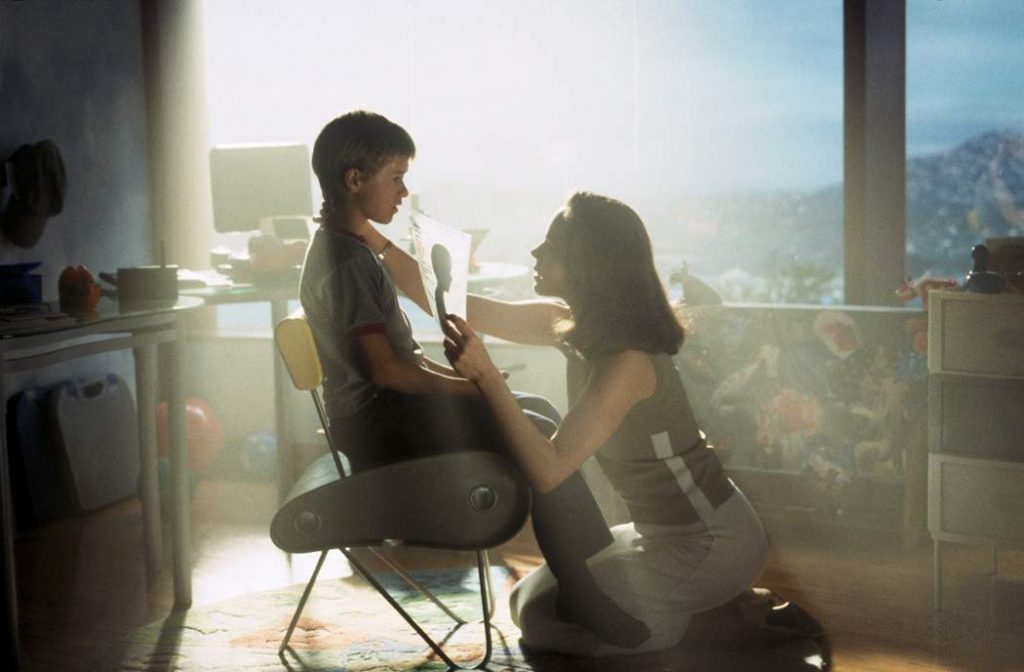
In 2001, “A.I. Artificial Intelligence” held its premiere at the Venice Film Festival.
In the end, worldwide, with a budget of 100 million US dollars, it won a box office of 235 million US dollars.
The film quickly became another masterpiece directed by Spielberg and won unanimous praise from critics, Kubrick’s widow, and the original author.
Just let him sink to the bottom of the sea, let him sleep happily.
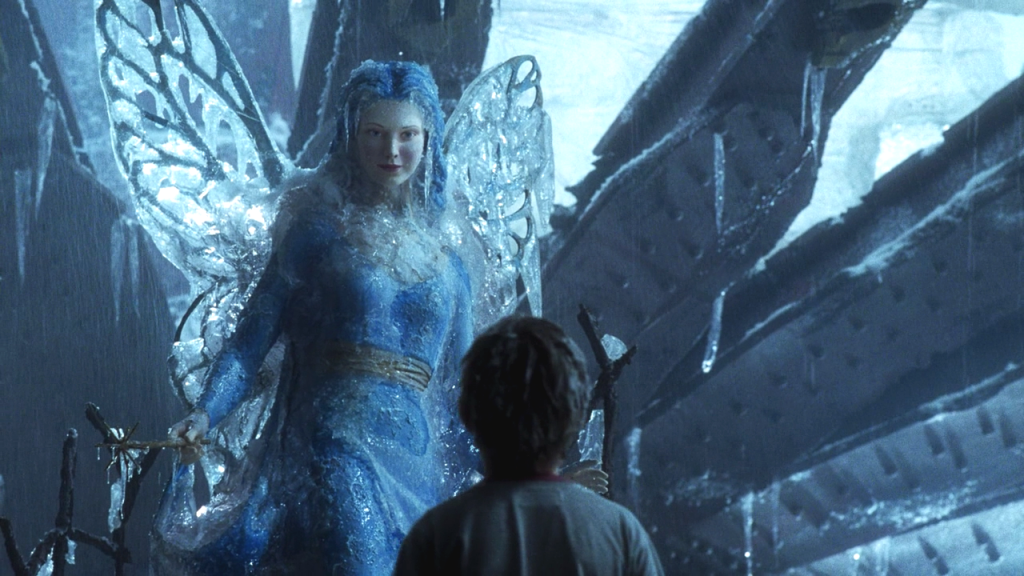
Twenty years later, the discussion about artificial intelligence is still in full swing, and the pain of losing maternal love may never disappear.
As long as there is a place where humans exist, the story of “love but not available” is always happening, stinging, and haunting.


